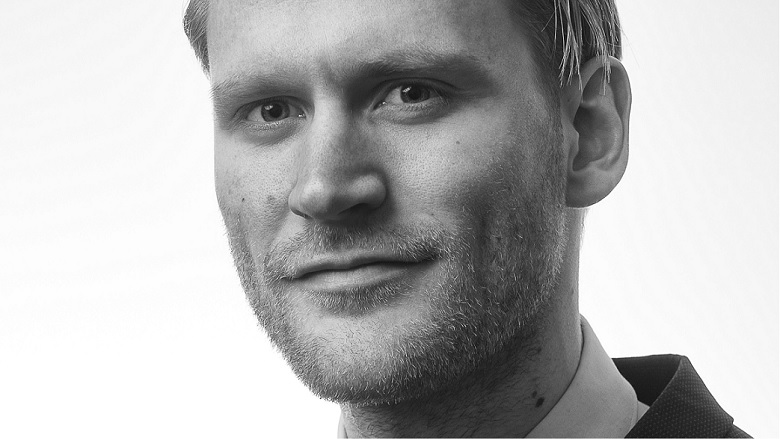Air Pollution Exposure and COVID-19: Evidence and Unanswered Questions
June 11, 2020
Virtual Seminar and Conversation
MULTIMEDIA
Air Pollution Exposure and COVID-19: Evidence and Unanswered Questions
-
Understanding how COVID-19 infections evolve spatially as well as over time can help countries more effectively confront the ongoing pandemic. Air pollution is a key mediator: people living in areas with higher levels of air pollution face a greater risk of infection and of suffering more severe infection. Two factors are at play: (1) preexisting pulmonary illnesses may increase susceptibility to COVID-19 infection; and (2) higher concentrations of fine particulate matter may increase exposure to the coronavirus.
In the first presentation of this seminar, David Wheeler will provide insights from ongoing work to construct an econometric model of COVID-19 spread that includes air pollution effects. Then, Bo Pieter Johannes Andrée will outline scientific understanding and unanswered questions regarding the connections between air pollution and COVID-19. Finally, Anna Hansell will discuss empirical evidence from recent studies of the connection between air pollution exposure and COVID-19 risks.
-
PANELISTS
Chair Richard Damania
Chief Economist, Sustainable Development Practice Group, World BankSpeakers David Wheeler
Senior Fellow, World Resources InstituteBo Pieter Johannes Andrée
Strategy, Analytics, Finance & Knowledge Unit, World BankAnna Hansell
Professor, Environmental Epidemiology; Director, Centre for Environmental Health and Sustainability, University of Leicester, United Kingdom.Discussants
Somik Lall
Global Lead on Territorial and Spatial Development, World BankUrvashi Narain
Lead Economist, Environment, Natural Resources, and Blue Economy Global Practice, World Bank -
Event Details
- Date: June 11, 2020
- Time: 11:00am - 12:30pm (ET/Washington, D.C. Time)
- CONTACT: Michelle Chester
- mchester@worldbank.org





